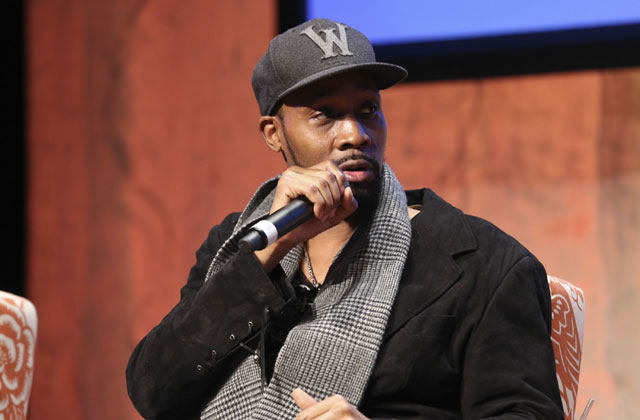So, what’s RZA up to these days? Mostly, film. The Wu-Tang member sat down for an interview with Jai Tiggett over at Shadow and Act to talk about his new film, "Brick Mansions." (For a fuller picture of what RZA and other members of Wu-Tang Clan are up to, be sure to read Amos Barshad’s great piece at Grantland).
During his interview with Shadow and Act, RZA, a native of Brownsville, Brooklyn, shared some pretty interesting thoughts on gentrification:
JT: Part of the movie’s plot is about the struggle between poor people trying to hold onto land and wealthy people coming in to try to develop it. The gentrification debate is pretty similar to what’s being talked about now in the news.
RZA: It’s happening right here in Echo Park. [Gentrification] is a two-way street. I grew up in Brownsville, but before the blacks were in Brownsville it was a Jewish community. So that’s just the natural process of America. Sometimes it’s negative, sometimes it’s positive. In the case of the Jewish people it was positive because they got to move out of the projects and buy homes. I can look at my own family and see that a lot of us have left the projects and are in brownstones renting. Very few of us can buy. So this is a process that just continues.
JT: So it’s unavoidable, in your view?
RZA: It’s part of the system. And we should actually embrace it and learn how to utilize it. The only way to do that, to me, is to get back into community. With this generation, you don’t even know your neighbors.
Obviously, this is a much different perspective than the one that Spike Lee’s been getting a lot of attention for lately, but I’ve decided to share it here because it’s something that I’ve heard pretty often, particularly when I lived in a rapidly changing section of West Oakland. Gentrification is by nature an economic force, and different displaced communities are sorting out how to deal with it.
But what RZA’s pointing to is pretty reactive, and doesn’t change the underlying structural inequalities that have uprooted black communities for generations. Nikole Hannah-Jones at ProPublica did a nice deep-dive into this last year, which detailed the decades-long fair housing crisis in America.
